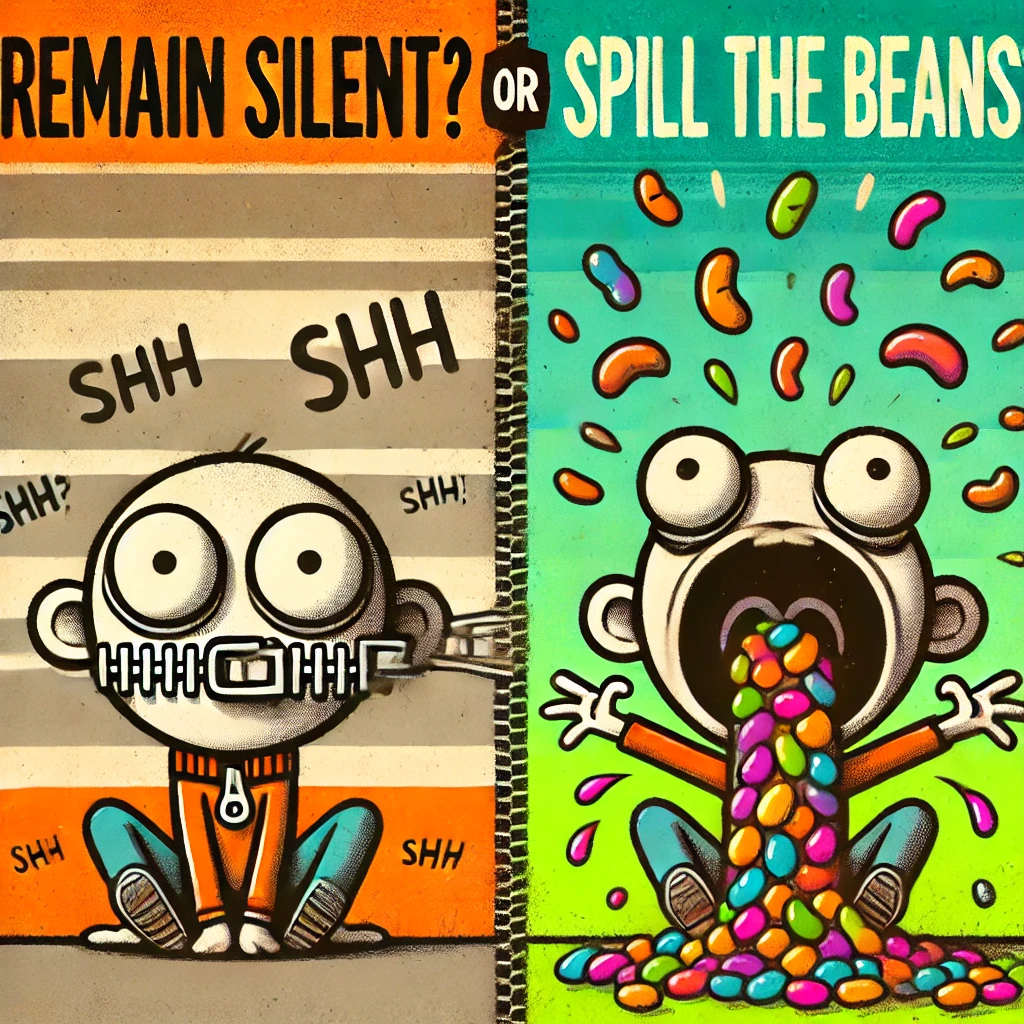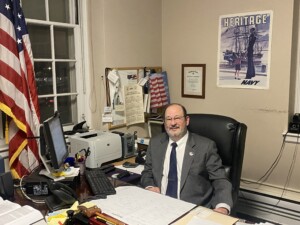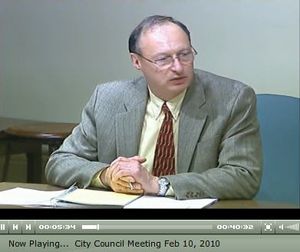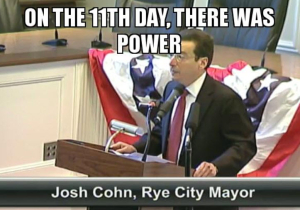Holding Court: Remain Silent? Or Spill the Beans?

Holding Court is a series by retired Rye City Court Judge Joe Latwin. Latwin retired from the court in December 2022 after thirteen years of service to the City.
What topics do you want addressed by Judge Latwin? Tell us.
By Joe Latwin

You have the right to remain silent, except when you have the obligation to talk.
Everyone who has ever watched a tv cop show knows about the right to remain silent. The Fifth Amendment says “No person shall be . . . compelled in any criminal case to be a witness against himself. . . .” The Supreme Court in the Miranda case required police to advise people in custody that “you have the right to remain silent. Anything you say can be used against you in a court of law.” But did you know you have an obligation to talk to the cops in certain cases?
Several sections of federal law require you to spill the beans. Misprision, a word we seldom use in our day-to-day conversations, means the deliberate concealment of one’s knowledge of a treasonable act or a felony. 18 U.S. Code § 2382 makes misprision of treason a crime. It says, ”Whoever, owing allegiance to the United States and having knowledge of the commission of any treason against them, conceals and does not, as soon as may be, disclose and make known the same to the President or to some judge of the United States, or to the governor or to some judge or justice of a particular State, is guilty of misprision of treason and shall be fined under this title or imprisoned not more than seven years, or both. So, if you are a citizen that knows of treason, hop on the Amtrak to D.C. and drop in at 1600 Pennsylvania Avenue and tell the President of the treason so you don’t get charged.
18 U.S.C. § 4 criminalizes Misprision of felony. It says,” Whoever, having knowledge of the actual commission of a felony cognizable by a court of the United States, conceals and does not as soon as possible make known the same to some judge or other person in civil or military authority under the United States, shall be fined under this title or imprisoned not more than three years, or both. Misprision of a felony requires an active decision to withhold information about a crime rather than simply being a passive witness. For example, it could consist of failure to notify the authorities of the felony or otherwise concealing it. It is difficult to prove this crime. First, there has to be knowledge of the actual commission of a felony. How does one prove your knowledge unless you have made a statement heard by another or in writing, or by some act that point to your having knowledge? Then, there must have been an actual commission of a felony. Do you know all the elements of the felony your thought was committed? How do you know the elements of the felony were committed? Did you see the bad guy do what you think he did? The felony also has to be a federal felony, not just a state felony.
10 U.S.C. § 931c. makes misprision of serious offense an offense. “Any person subject to this chapter— (1) who knows that another person has committed a serious offense; and (2) wrongfully conceals the commission of the offense and fails to make the commission of the offense known to civilian or military authorities as soon as possible; shall be punished as a court-martial may direct. This section applies to people subject to the Uniform Code of Military Justice – primarily soldiers, sailors, Marines, Airmen, Coast Guardsmen, and Guardians – thus subject to Courts Martial. There is no definition of what constitutes a serious offense.
So now you need to decide whether to talk or remain silent.





